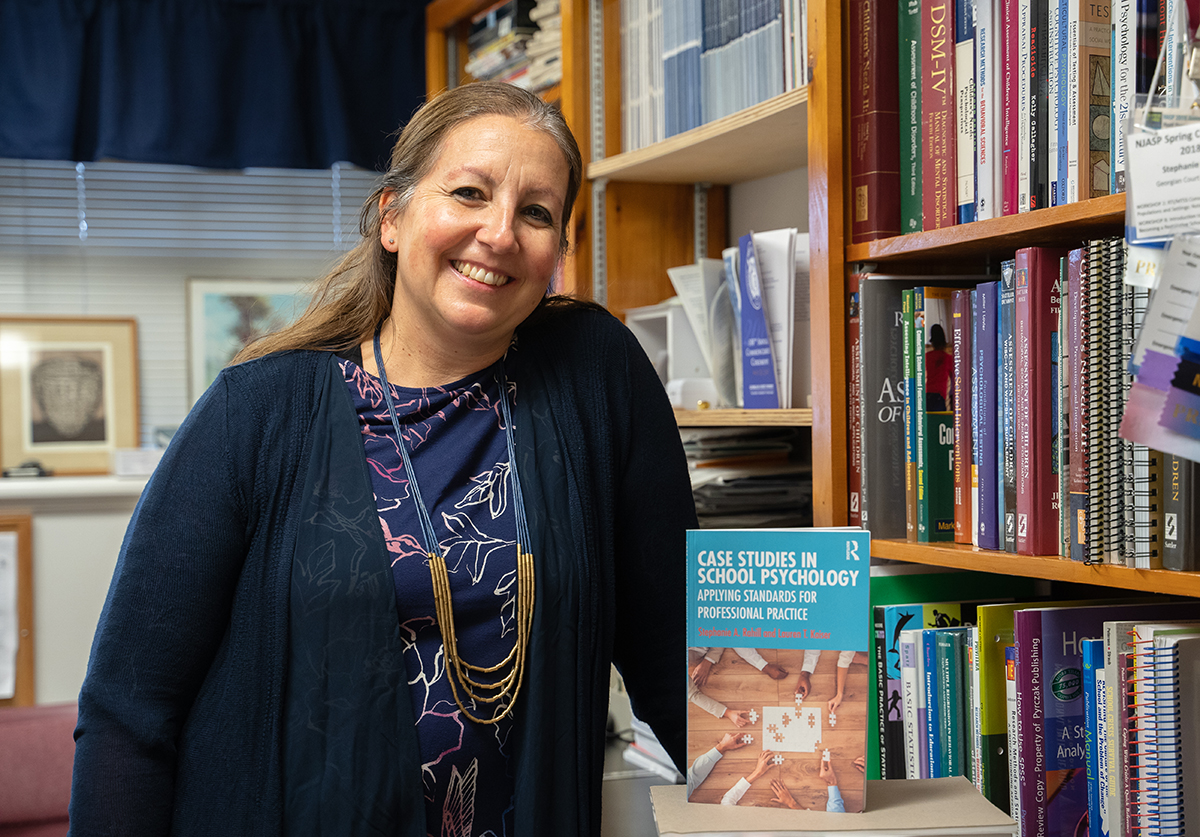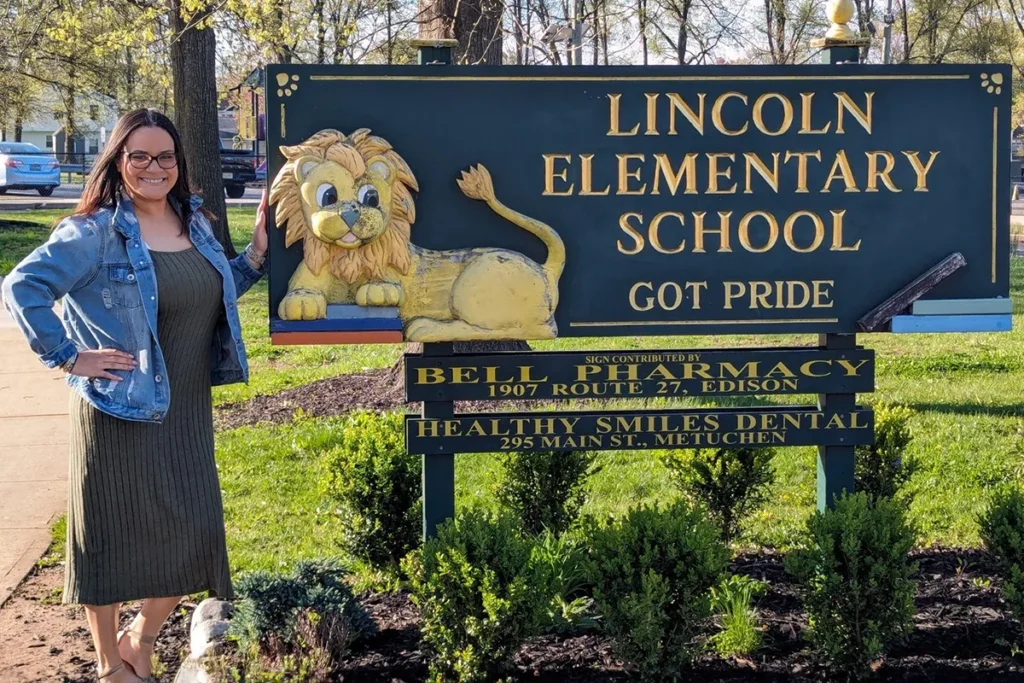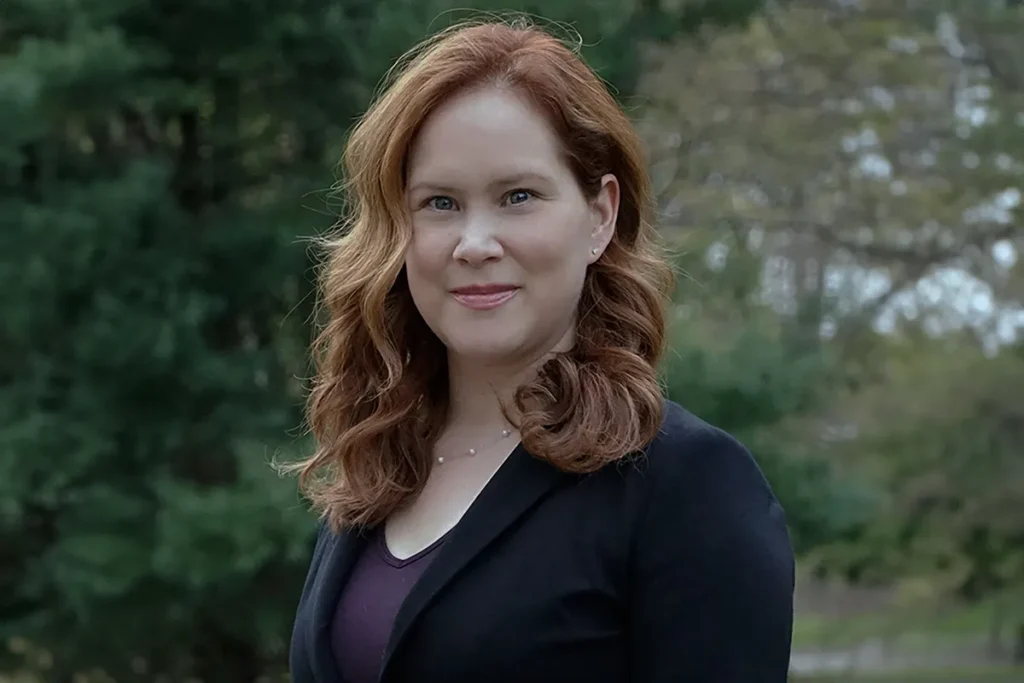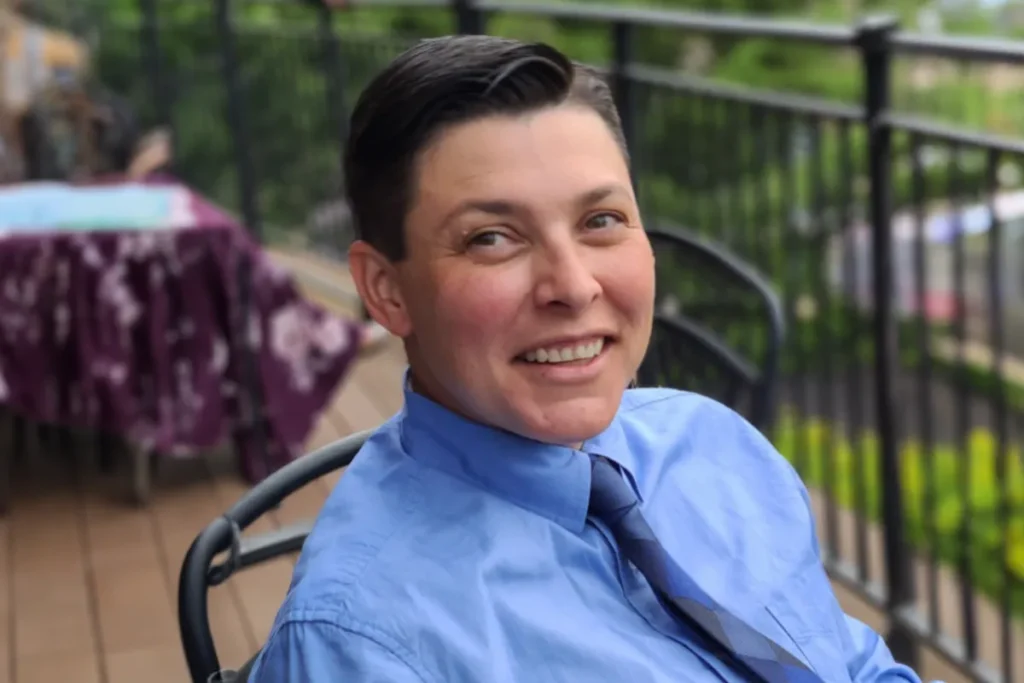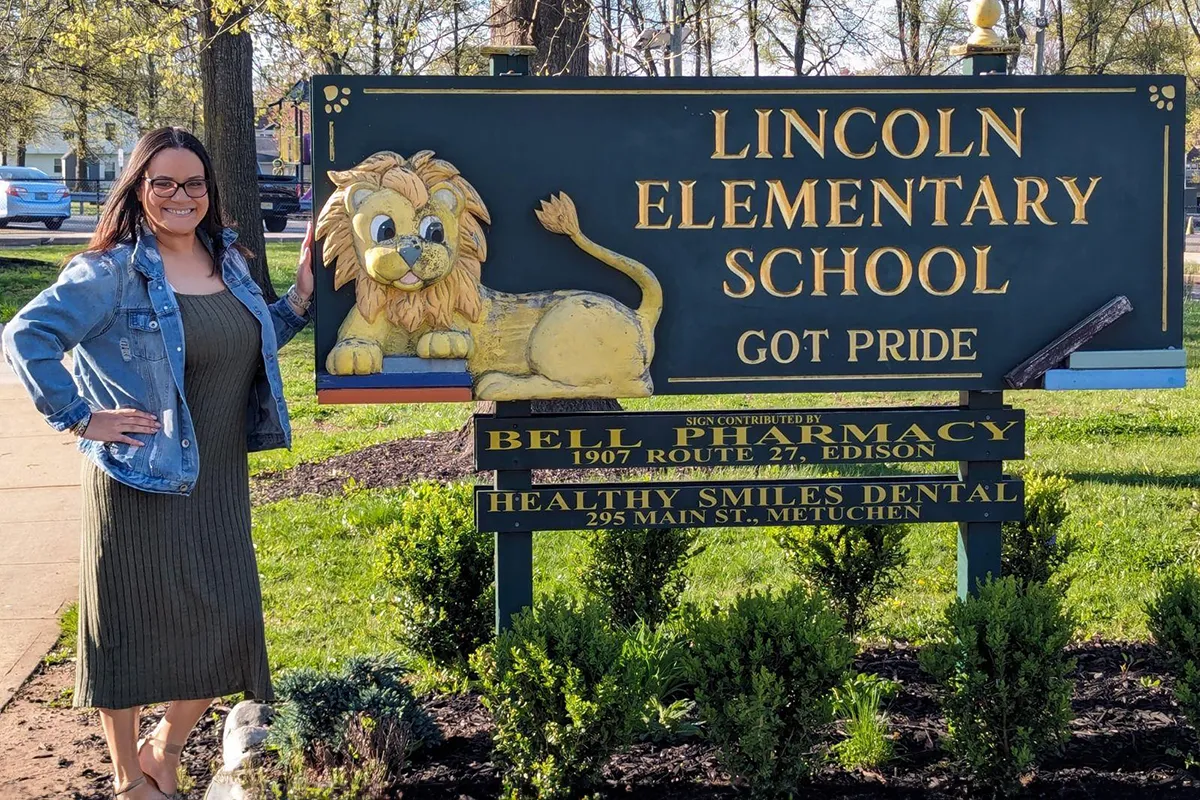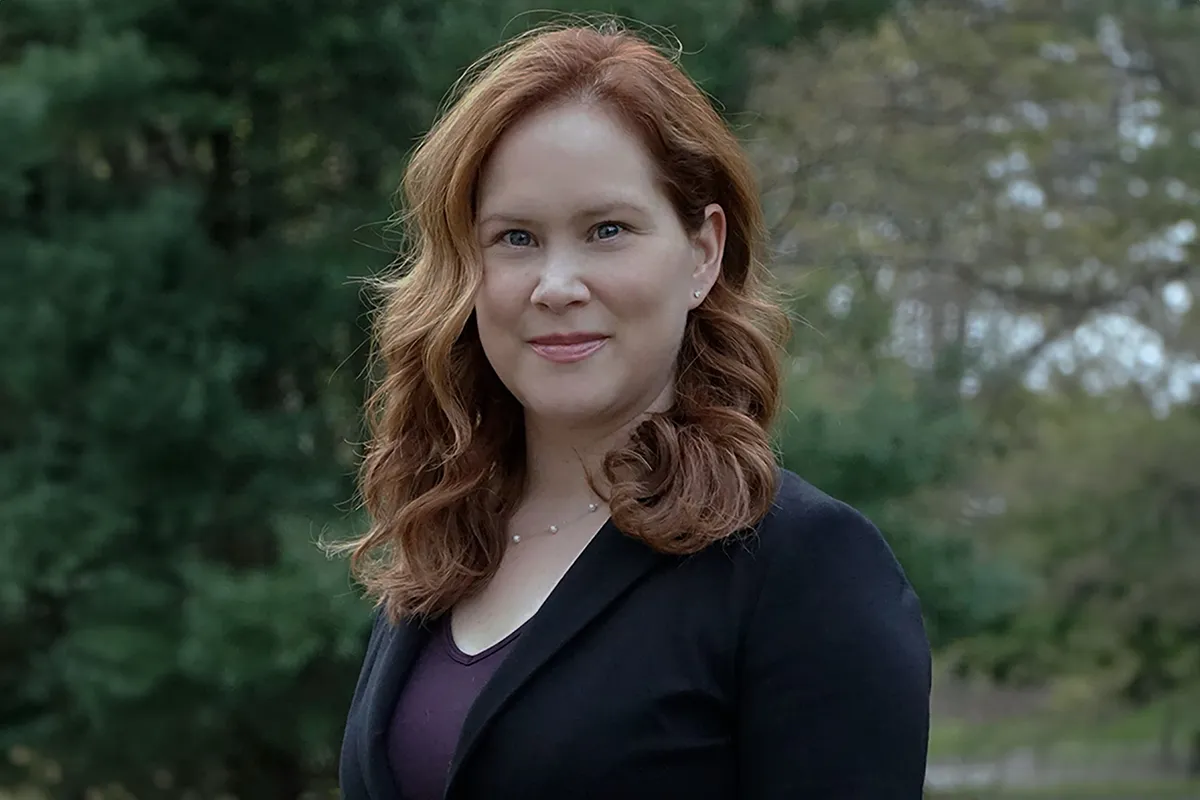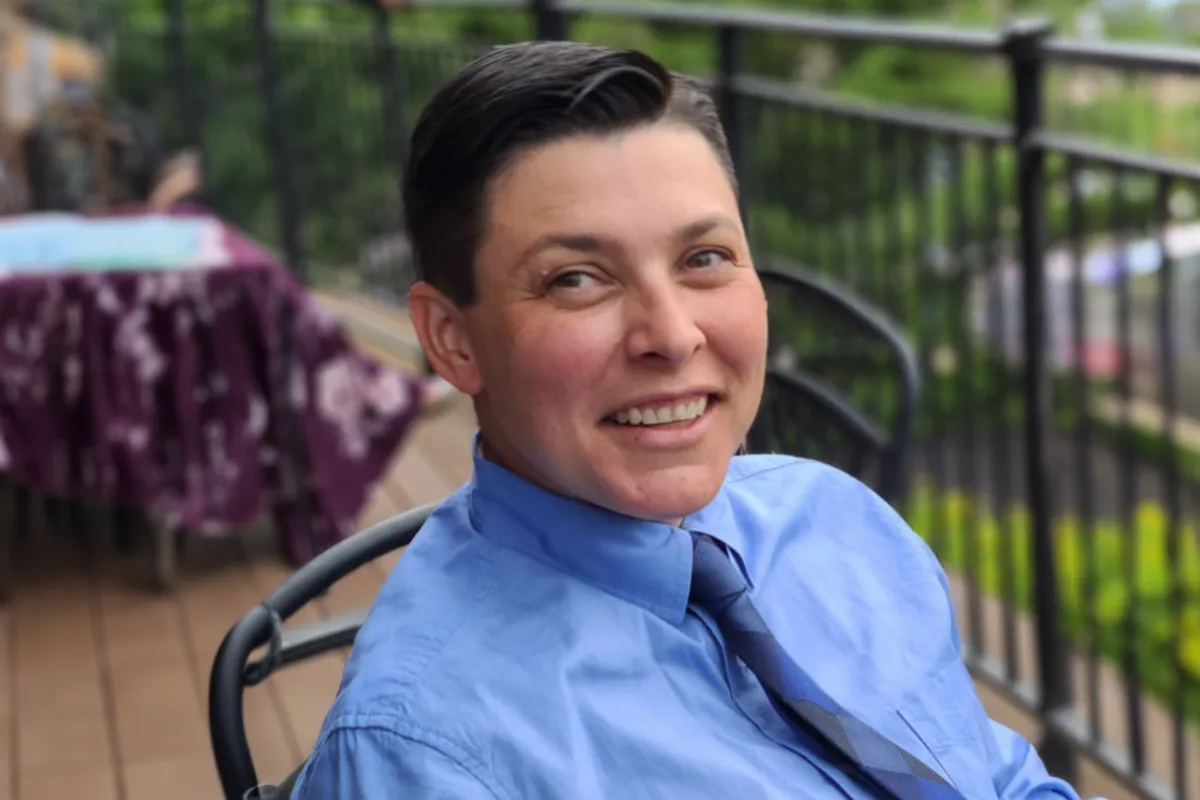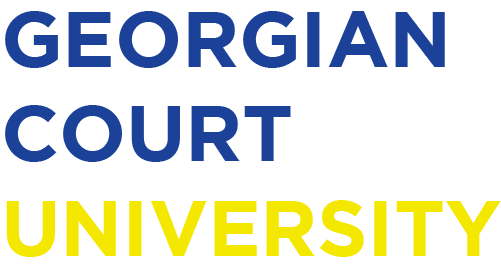A few years ago, Stephanie Rahill, Ph.D., associate professor and director of the M.A./Certificate of Advanced Graduate Study (CAGS) in School Psychology program at Georgian Court, made a keen observation. She frequently used a textbook with case studies in her undergraduate educational psychology course, but there wasn’t a comparable text for her graduate students.
“My undergraduates were the most engaged and most interested when I used the case studies. They brought students as close as you could get to real-life problem solving in situations they hadn’t yet encountered, but someday might,” she said. “However, there was nothing like that textbook on the graduate level in school psychology, specifically, one that comprehensively addressed all 10 domains of the National Association of School Psychologists (NASP) Practice Model.” The domains, all considered essential to the practice of school psychology, range from data-based decision making to equitable practices for diverse student populations.
As Dr. Rahill, who is also the director for GCU’s Center for Teaching and Learning, talked about this gap with Lauren Kaiser, Ph.D., a friend, professional colleague, and faculty member at Millersville University, they had an idea. “We thought we could write the textbook ourselves. We approached it as a resource that could be used in multiple classes in a university’s school psychology program, from the basics presented to first-year students through more advanced concepts posted to advanced graduate students and interns.”
Their discussions launched a two-year publishing journey—writing the proposal, the peer-review process and the actual case study research and writing. The result—Case Studies in School Psychology: Applying Standards for Professional Practice—became available in Fall 2021. Today, it’s distributed by Routledge, a leading academic publisher in the humanities and social sciences, and is available from several retailers: Barnes & Noble, Walmart, Amazon, and others. Why such a broad distribution?
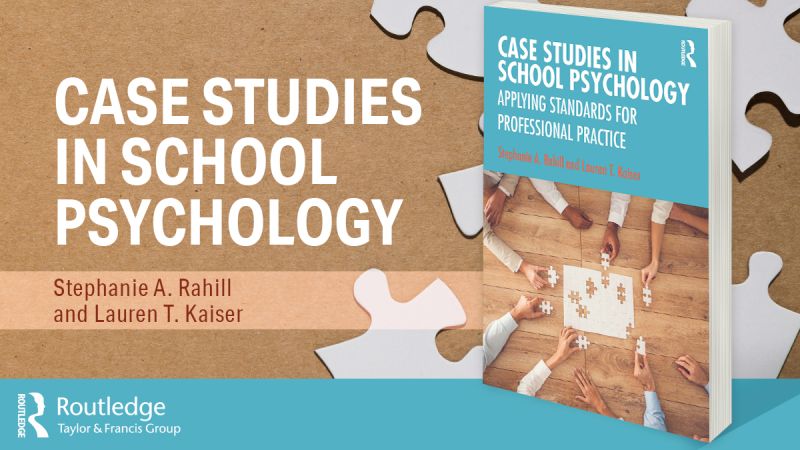
“Our book could be used by school psychologists in the field as part of their ongoing professional development,” said Dr. Rahill. “School psychology is a skills-based field and one where practitioners are called upon to respond to an amazing range of situations.”
From Classroom to Conference
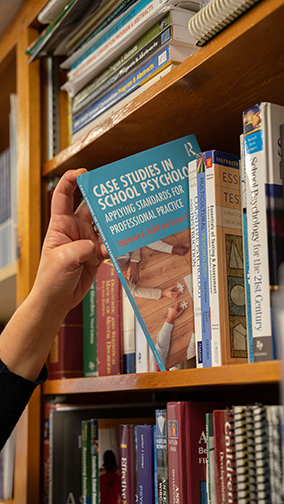
Dr. Rahill and the three other core faculty in Georgian Court’s school psychology program are committed to excellence in the classroom and to offering students research-focused scholarly opportunities. As evidence of the latter point: During the NASP Convention in Boston this February, GCU school psychology graduate students and faculty will make 10 presentations.
Their posters, practitioner conversations, and symposium cover several topics, from the role of school psychologists in sexual abuse prevention programs to increasing youth empowerment in schools, and successful school family meetings. Many of these presentations originated as research projects for Georgian Court classes, then were submitted to the NASP for inclusion in this year’s meeting. The students and faculty learned in October which presentations were accepted.
“We’re delighted for our students, as presenting at this conference is a wonderful opportunity,” said Dr. Rahill. “It also underscores our belief, as faculty, in engaging our students in scholarship.”
Story contributed by freelance writer Sheila Noonan. Photos by Joshua Tinto ’20, ’22.

